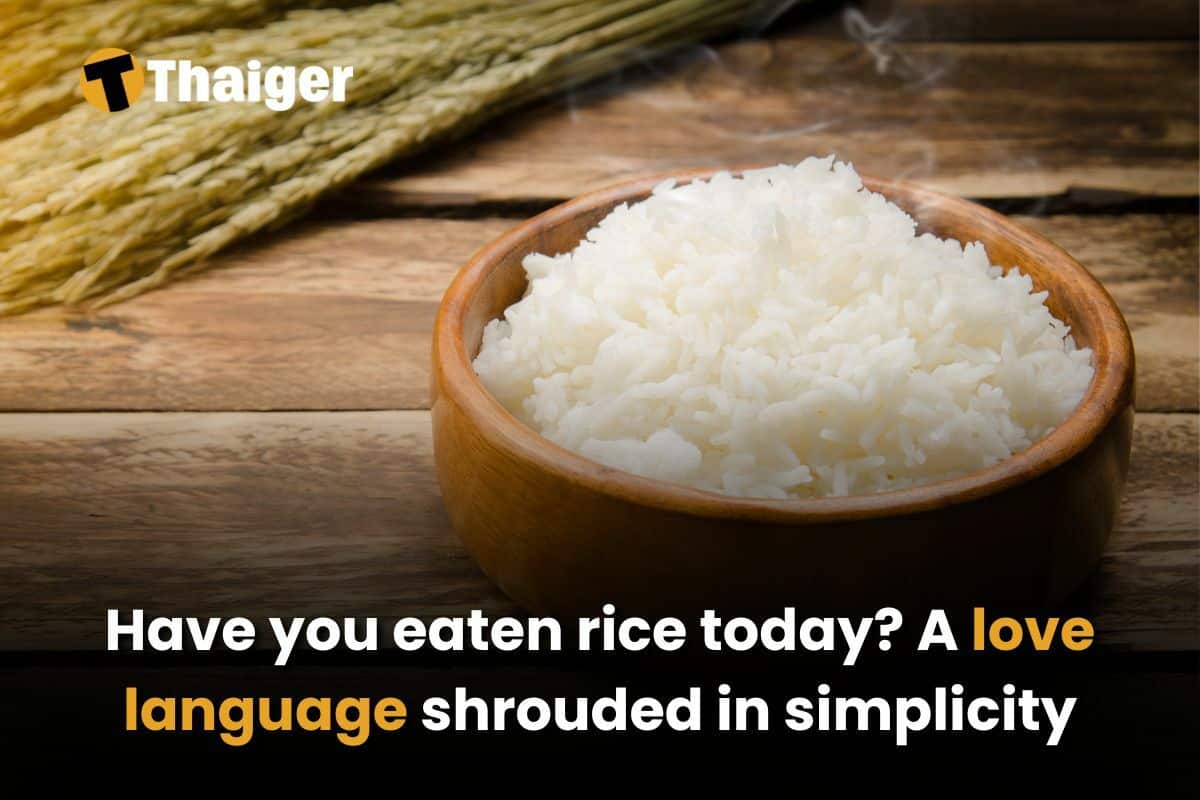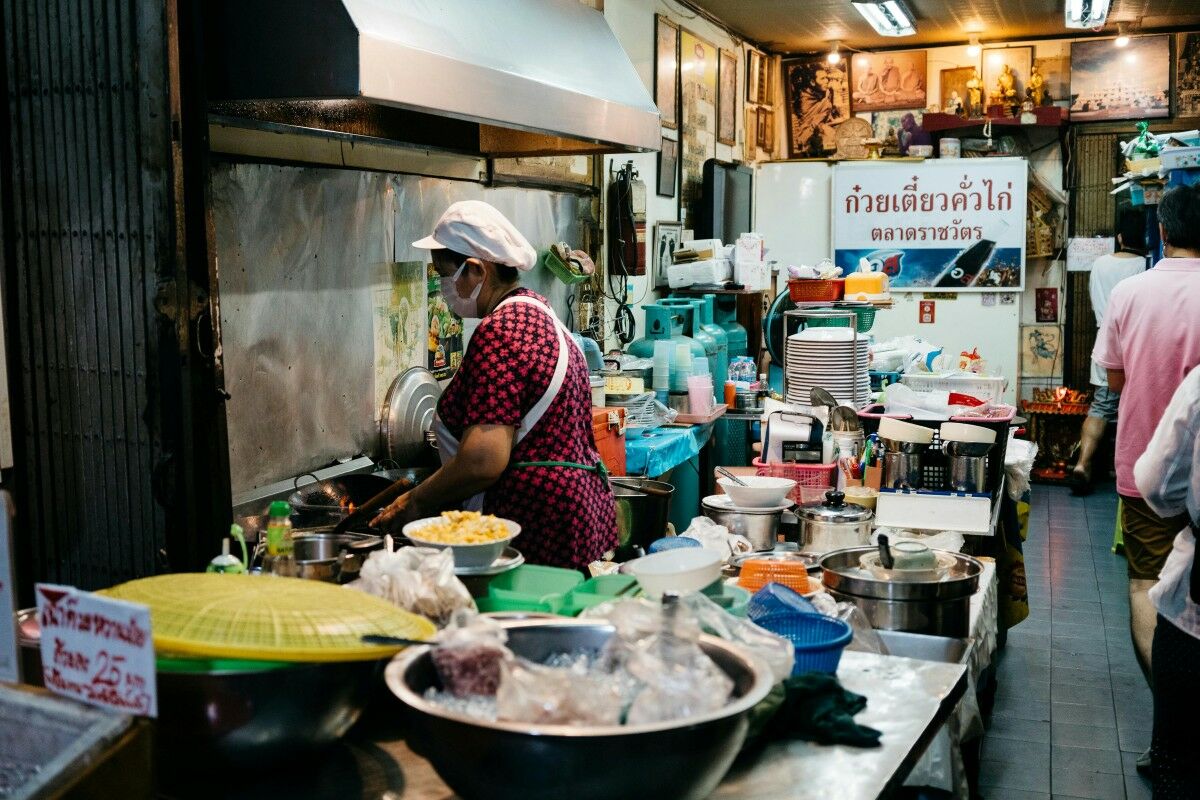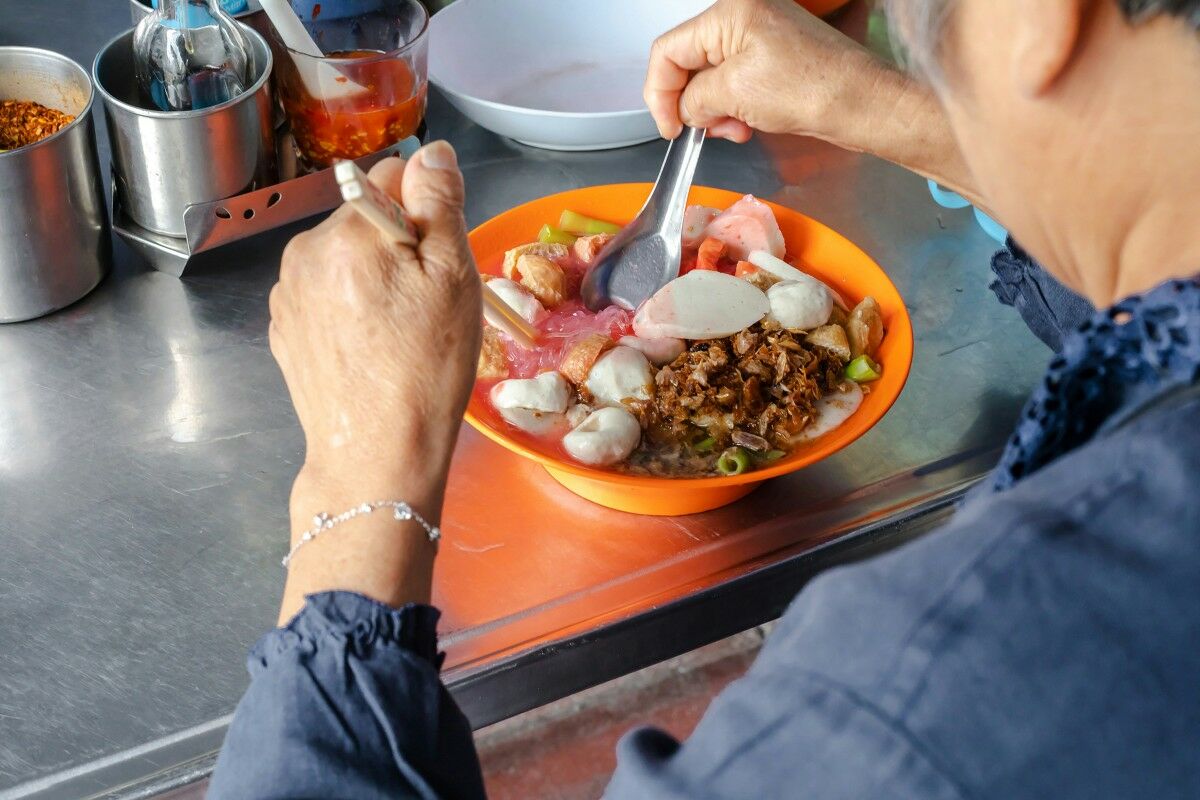Have you eaten rice today? A love language shrouded in simplicity

In many parts of Asia, especially Thailand, rice is life. It’s the steaming bowl that soothes after a long day, the humble plate shared among friends and family. It’s the ever-present comfort food that feels like a warm hug.
As one of the world’s largest rice exporters, Thailand’s relationship with rice goes far beyond economics. Here, rice doesn’t just fill your stomach, it’s the lifeblood behind healthy relationships for many Thais.
A simple question often heard across the country is, “Gin khao reu yang?” (Have you eaten rice yet?), this isn’t just an inquiry about your last meal, instead, it’s a subtle expression of care, much like asking, “How are you?” or “Are you doing okay?”
After years of living in Bangkok, I’ve come to cherish this phrase. I’ve heard it from colleagues after a busy morning at work, a gentle reminder not to forget self-care.

Friends ask it when we haven’t caught up in a while, their words seem as if they are saying they’ve missed you. Even the local noodle vendor I visit every Wednesday greets me cheerfully, “Gin khao reu yang?” every time we pass on the street. He doesn’t need to know if I’ve eaten, what he’s asking is whether I’m well.
This simple question has revealed to me that it’s not always grand gestures or elaborated words but small, everyday moments, an offering of food, a shared meal, a passing question that means so much more than it seems.
It’s a connection between food and care that isn’t just expressed in words, but it’s also a part of daily rituals and traditions.
Two scoops of rice
A fascinating custom I’ve encountered is the significance of taking two scoops of rice. It’s important to always take at least two spoonfuls when offered rice. A single scoop is traditionally reserved for the spirits, and two scoops are for the living.
While the exact origin of the custom remains unclear, it may still be deeply respected in some regions. However, it’s worth mentioning that not everyone will expect you to abide by this.
Even if you’re not particularly hungry, the polite thing you can do is to take two smaller spoonfuls rather than just one. This practice extends to serving others at the table as well, showing respect, gratitude, and cultural awareness.
Eating rice isn’t just about filling your stomach, it’s about filling your heart, too.
A love language

Have you eaten rice? Is a love language. A simple bowl of noodles or a plate of rice can carry more meaning than a thousand words. It’s the grandmother who wakes up at dawn to prepare breakfast for her family, the friend who orders your favourite dish without asking, and the colleague who brings you a snack during a busy day.
Food brings comfort. It brings people together. And most importantly, it reminds us that someone cares enough to make sure you’re fed, even when life gets busy.
Living in Thailand has transformed my relationship with food, especially rice. What was once just a dish has become something deeply personal. I’ve learned to appreciate the warmth that comes from sharing a meal and the quiet reassurance that comes from asking if you’ve eaten.
Now, every time I reach for that second scoop of rice, I smile, knowing that it’s more than just tradition. It’s a symbol of care and connection. So, when you hear, “Gin khoa reu yang?”, remember, they’re not just asking about food.
They’re checking in on you, making sure you’re okay, and offering a little piece of comfort in the form of a meal. Because in Thailand, food is love, and love is always served with rice.
Latest Thailand News
Follow The Thaiger on Google News:


























